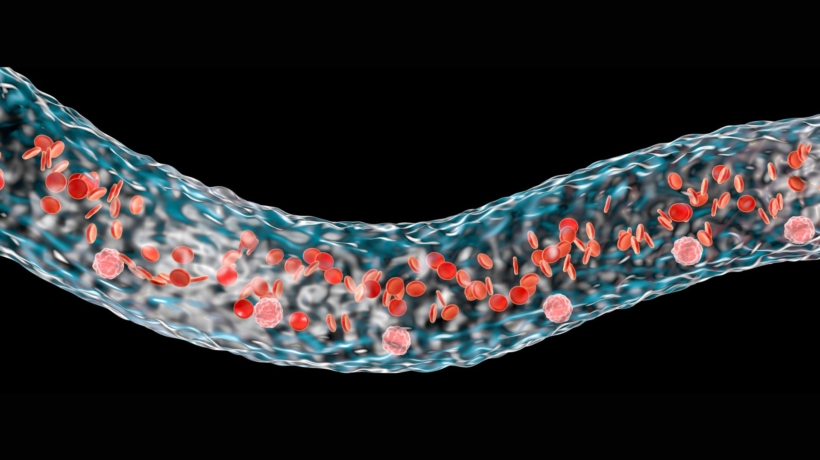Understanding Vascular Disease: Risk Factors and Prevention

Vascular diseases encompass a range of conditions that affect the blood vessels, which include arteries, veins, and capillaries. These conditions can lead to serious health complications if left untreated. This blog post will help you understand the risk factors associated with vascular diseases and how you can prevent them. Additionally, we’ll discuss how endovascular treatments can manage these conditions effectively.
What Are Vascular Diseases?
Vascular diseases refer to conditions that impair the circulatory system. Common types include:
- Peripheral Artery Disease (PAD): Narrowing of the arteries, usually in the legs.
- Aneurysm: A bulge in the wall of a blood vessel.
- Varicose Veins: Swollen, twisted veins visible just under the surface of the skin.
- Deep Vein Thrombosis (DVT): A blood clot in a deep vein, typically in the legs.
Risk Factors for Vascular Disease
Several factors increase the likelihood of developing vascular diseases:
- Age: The risk of vascular diseases increases with age.
- Smoking: Tobacco use is a significant risk factor as it damages blood vessels.
- High Blood Pressure: Hypertension can weaken blood vessels, making them more prone to damage.
- High Cholesterol: Excess cholesterol can lead to plaque buildup in the arteries, narrowing them.
- Diabetes: High blood sugar levels can damage blood vessels over time.
- Obesity: Excess weight strains the circulatory system and contributes to other risk factors like diabetes and high blood pressure.
- Sedentary Lifestyle: Lack of physical activity can lead to poor circulation and other health issues.
- Family History: Genetics play a role in your susceptibility to vascular diseases.
- Poor Diet: Diets high in saturated fats, trans fats, and cholesterol can contribute to vascular disease.
Preventing Vascular Diseases
Prevention is key to reducing the risk of vascular diseases. Here are some strategies to help maintain healthy blood vessels:
- Quit Smoking: Seek support to stop smoking, which is one of the most significant steps you can take.
- Manage Blood Pressure: Regularly monitor your blood pressure and follow your doctor’s recommendations to keep it within a healthy range.
- Control Cholesterol Levels: Adopt a heart-healthy diet low in saturated fats and high in fiber. Medication may also be necessary.
- Maintain a Healthy Weight: Aim for a balanced diet and regular physical activity to achieve and maintain a healthy weight.
- Exercise Regularly: Engage in at least 150 minutes of moderate-intensity exercise per week, such as walking, cycling, or swimming.
- Monitor Blood Sugar: Keep your diabetes under control with diet, exercise, and medication if needed.
- Eat a Balanced Diet: Focus on fruits, vegetables, whole grains, and lean proteins.
- Limit Alcohol Intake: Excessive alcohol can raise blood pressure and add extra calories, leading to weight gain.
Managing Vascular Diseases with Endovascular Treatments
Endovascular treatments are minimally invasive procedures used to treat vascular diseases. These techniques often involve catheter-based procedures and imaging guidance to treat the affected blood vessels from within.
Common Endovascular Treatments Include:
- Angioplasty and Stenting: A balloon is used to open up a narrowed artery, and a stent is placed to keep it open.
- Atherectomy: Removal of plaque from the artery walls to improve blood flow.
- Thrombolysis: Dissolving blood clots using medication delivered directly to the clot.
- Endovascular Aneurysm Repair (EVAR): Repairing aneurysms by placing a stent graft within the aneurysm through a small incision.
Understanding the risk factors and preventive measures for vascular diseases can help you maintain better vascular health. If you have any risk factors or symptoms of vascular disease, consult your healthcare provider. Early detection and treatment, including advanced endovascular treatments, can significantly improve outcomes and quality of life.
Stay proactive about your vascular health, and don’t hesitate to seek medical advice if you have concerns. Your health and well-being are worth it.
